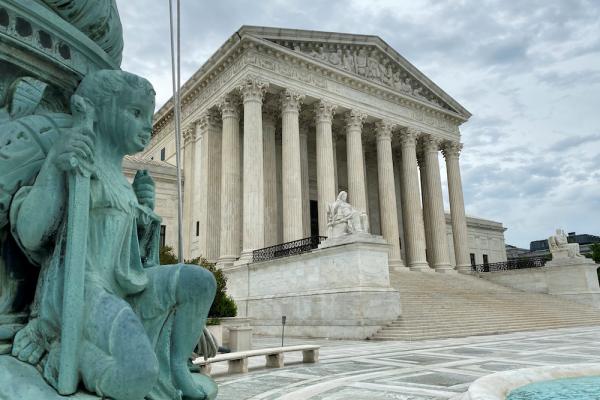Jun 15, 2020
The U.S. Supreme Court on Monday delivered a watershed victory for LGBTQ rights, ruling that a landmark federal law forbidding workplace discrimination protects gay and transgender employees.
Read the Full Article

Already a subscriber? Login
